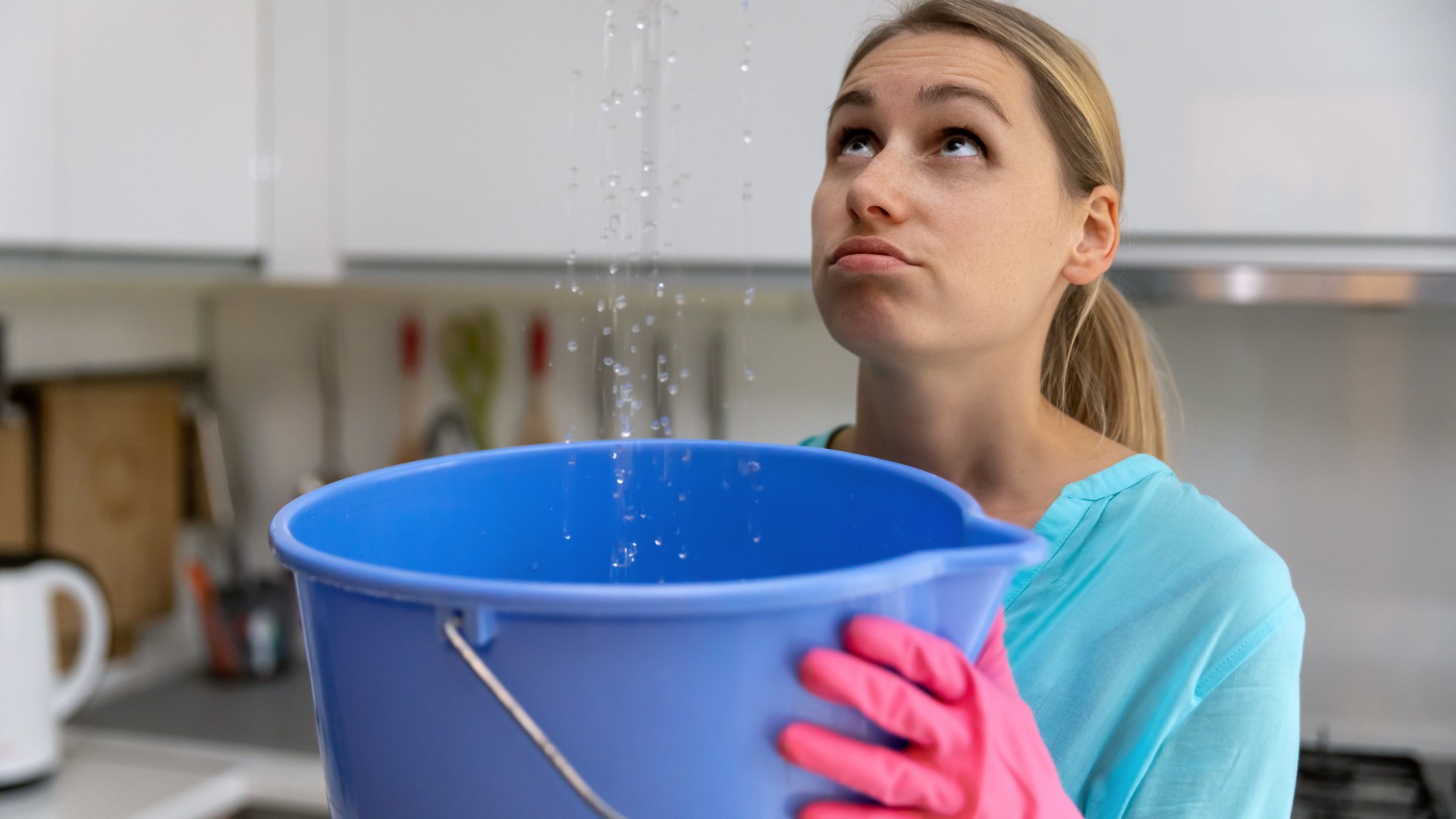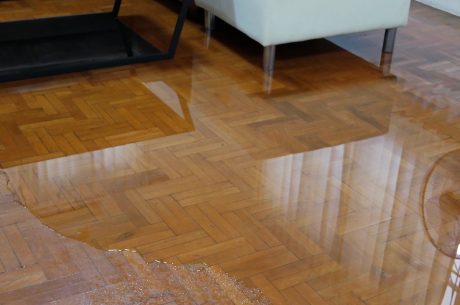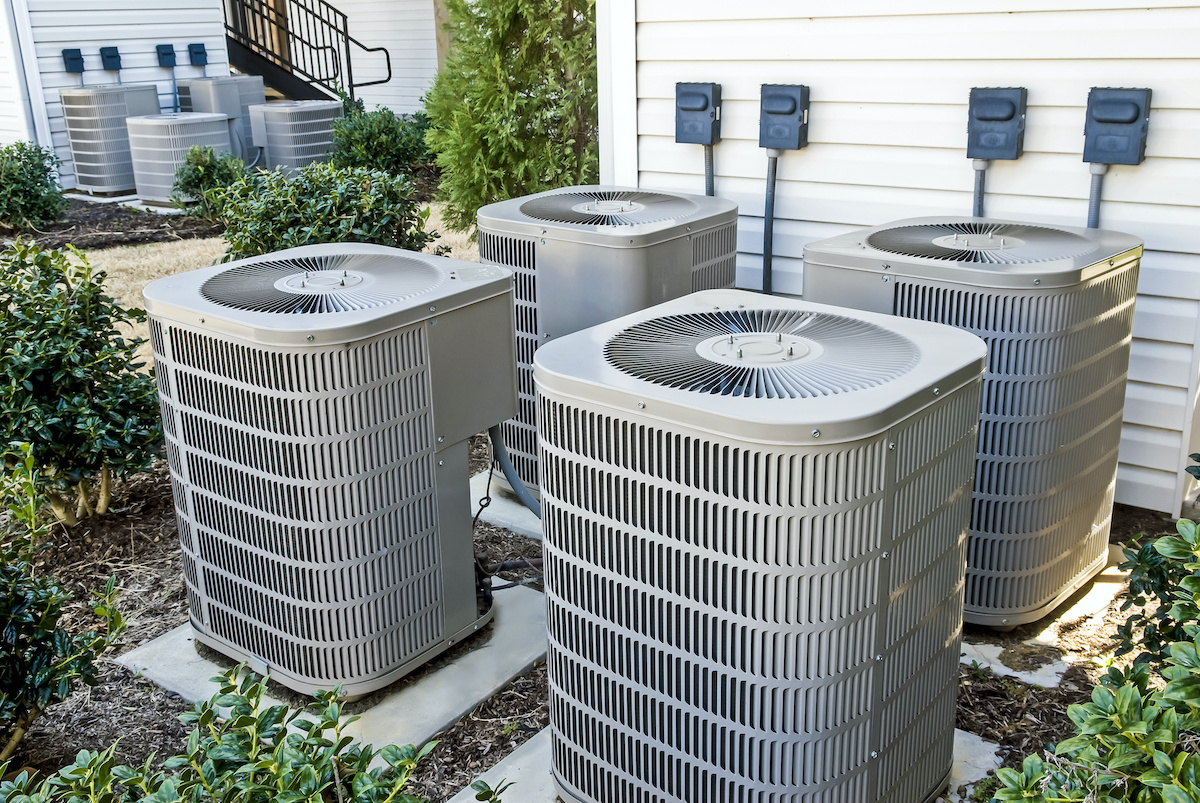Table of Contents

Water leak detection is essential to prevent significant damage to your property and avoid costly repairs. When disaster strikes—whether it’s a burst pipe, a leaking roof, or an overflowing appliance—emergency water leak detection becomes crucial. Acting quickly to identify and address the issue can save you time, money, and stress. In this comprehensive guide, we’ll walk you through the steps to take when you suspect a water leak and how to manage the situation effectively.
Recognizing the Signs of a Water Leak
The first step in emergency water leak detection is recognizing the signs of a potential problem. Some common indicators of a water leak include:
- Unexplained Increase in Water Bills: A sudden spike in your water bill without an increase in usage can indicate a hidden leak.
- Water Stains and Discoloration: Stains on walls, ceilings, or floors are often signs of a water leak.
- Musty Odors: Persistent musty smells can suggest the presence of mold or mildew caused by a leak.
- Sound of Running Water: Hearing water running when all taps are off is a clear sign of a leak.
- Damp or Wet Spots: Unexplained wet spots on floors or walls are direct evidence of a leak.
Immediate Actions to Take
Once you’ve identified a potential water leak, it’s crucial to act quickly. Here are the immediate steps you should take for effective emergency water leak detection and response:
1. Turn Off the Water Supply:
The first and most critical step is to shut off the water supply to prevent further damage. Locate the main water shut-off valve and turn it off to stop the flow of water.
2. Turn Off Electricity:
If the leak is near electrical outlets or appliances, turn off the electricity in the affected area to prevent electrical hazards. Use the circuit breaker to cut off power to avoid the risk of electrocution.
3. Assess the Damage:
After ensuring safety, assess the extent of the damage. Identify the source of the leak if possible. Common sources include burst pipes, leaking roofs, and faulty appliances. Document the damage with photos and notes for insurance purposes.
4. Contain the Leak:
Use towels, buckets, or any available materials to contain the water and prevent it from spreading further. This step is crucial in minimizing water damage to your property.
5. Contact a Professional
While some minor leaks can be managed with DIY methods, most emergency situations require professional water leak detection services. Contact a licensed plumber or water damage restoration company immediately. Professionals have the tools and expertise to accurately detect and repair the leak, ensuring no hidden damage is left untreated.
Preventing Future Water Leaks
Prevention is key to avoiding future water leak disasters. Here are some tips to help you safeguard your property:
1. Regular Inspections
Schedule regular inspections of your plumbing system, roof, and appliances. Early detection of potential issues can prevent major leaks.
2. Install Water Leak Detectors
Invest in water leak detection devices that can alert you to leaks before they cause significant damage. These smart devices can be placed near water heaters, washing machines, and other vulnerable areas.
3. Maintain Appliances
Regularly maintain and service household appliances like washing machines, dishwashers, and water heaters. Follow the manufacturer’s guidelines to ensure they are in good working condition.
4. Insulate Pipes
Insulate pipes, especially those in unheated areas, to prevent them from freezing and bursting during colder months. Pipe insulation is a simple yet effective measure to reduce the risk of leaks.

Conclusion
Emergency water leak detection is a critical skill for any homeowner. By recognizing the signs of a water leak, taking immediate action, and involving professionals, you can mitigate damage and protect your property. Remember, prevention is always better than cure. Regular inspections, maintenance, and the use of water leak detection devices can help you stay ahead of potential water leak issues. When disaster strikes, being prepared and knowing what to do can make all the difference in safeguarding your home.
Don’t let water damage disrupt your life. Contact us today on +1 305 894-4343 for professional water damage restoration services you can trust. Our experienced team is ready to help you get your property back to normal quickly and efficiently.
1. What should I do first if I discover a water leak in my home?
The first step in water leak detection is to locate and shut off the main water supply to prevent further damage. Once the water is off, assess the situation to determine the severity of the leak and contact a professional water leak detection and restoration service for immediate help.
2. How can I tell if a water leak is serious?
Serious water leaks often show signs like water stains on ceilings or walls, an unexplained increase in your water bill, or the sound of running water when no taps are on. Effective water leak detection involves recognizing these symptoms early and calling in professionals to avoid extensive damage.
3. Is it safe to stay in my home if I have a water leak?
Whether it’s safe to stay depends on the severity of the leak. If you’ve successfully shut off the water and the leak is minor, it may be safe to remain in the home temporarily. However, if water leak detection reveals significant water damage or risks like electrical hazards, it’s best to vacate the premises until professionals can address the issue.
4. Can I fix a water leak myself?
For minor leaks, like a dripping faucet, DIY solutions might work. However, more complex issues, such as those discovered through professional water leak detection, should be left to experts. This ensures that the problem is properly fixed, preventing future leaks or more serious damage.


